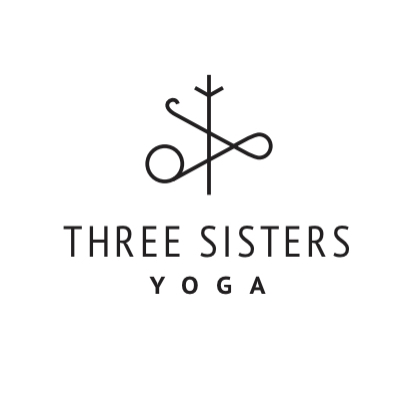My father was bipolar, a fact he was deeply ashamed of. Mental illness was deeply stigmatized back then, and he was raised in a patriarchal household where a man’s self-worth was narrowly defined. His diagnosis made him feel impotent, he thought it prevented him from being a “real” man. Relying on medications and therapy for the rest of his life was unacceptable; it meant he was weak, that he’d failed. The only way to be a real man was to be free of all “crutches;” to be free of mental illness. He would try to cycle off his treatments at regular intervals. Every time he cycled off it resulted in tragic, heartbreaking consequences. He died a month before my 23rd birthday because he did not want to admit he needed help.
My father’s narrow definition of health and manhood wreaked havoc on our family. My childhood was a series of fires I either helpless watched rage out of control, desperately tried to put out, ran from, into, or planned escape routes around. By the time I reached adulthood, my psyche was a tinder box - one spark could set it ablaze.
Lucky for me, about six months before my dad died, I discovered yoga. The class was taught by an Iyengar teacher in a gym. At the beginning of each class she would wheel in a tall, wobbly, metal cabinet full of props; mats, blankets, blocks, straps, bolsters, wedges. It even had folding, backless, metal chairs. We were constantly getting things out of, and putting things back in, the cart. We had to learn how to manipulate them, how to use them, how to care for them. The props were as much a part of the class as the teacher was. The message was; “These props are a part of your experience. They support you. The props are yoga.”
Before that class, I do not believe I had ever experienced “support” as a part of day to day life. The idea that support could be a mundane, routine aspect of living was truly wild to me. Support was a dirty little secret we kept behind closed doors. No one was supposed to know we needed things!
I asked my teacher, “The props - we don’t use them all the time, do we? I mean, we’re just using them because we’re bad at yoga, right? We eventually outgrow them, that’s the point, right?”
She looked confused and said, “The props? No, the props just - are. I mean maybe you don’t need them, but we always use them.”
What a novel idea that was! I could show up and, if I needed support or not, support was there. It was just going to be there. Support was this open, plain, condition-less, restriction-less, requirement-free thing in the room. There was no value judgment. The props were just a part of the practice; maybe we don’t need them, but we always use them.
That class opened a window of possibility; maybe, if I choose things that supported my overall well-being, I could fortify my life. Maybe there were ways to build a firewall, add some flame retardant, dig a fire line around my brittle, dry, flammable life. I stuck with the class and, by the time my dad died, I had started to build a foundation of support for myself. I had a small reserve to draw from, something that would eventually help me out of many dark and desperate times in my life.
We need to stop stigmatizing support. Humans are social creatures. We need each other to survive. We need to support each other. We need to ask for and give support. In every training there is this “the crossing over” – the time when our young student-teachers move from awareness of themselves as the teacher to realizing teaching is about being there for someone else. This is not an easy thing to come to grips with. Most people start taking yoga because we have a need, something we hope will help us manage.
We stay with the practice because it supports us.
When we feel pulled to teach, we have to take it a step further; we have to move from what yoga does for us to think about what we can do for others. Teaching is an act of supporting people. It is meeting them as they are, celebrating them, and working to discover how to best support them as they are. Take the “shoulds” out of your practice. If a person needs support, don’t just give it to them - celebrate them. Model support by using support and celebrating your use of it. Show gratitude and grace for support. It is necessary and it is good; both on and off the mat. Take and give support and remind yourself, “this is part of my overall my life, an aspect of my health and well-being. It is a blessing. Thank you for being there for me.”
